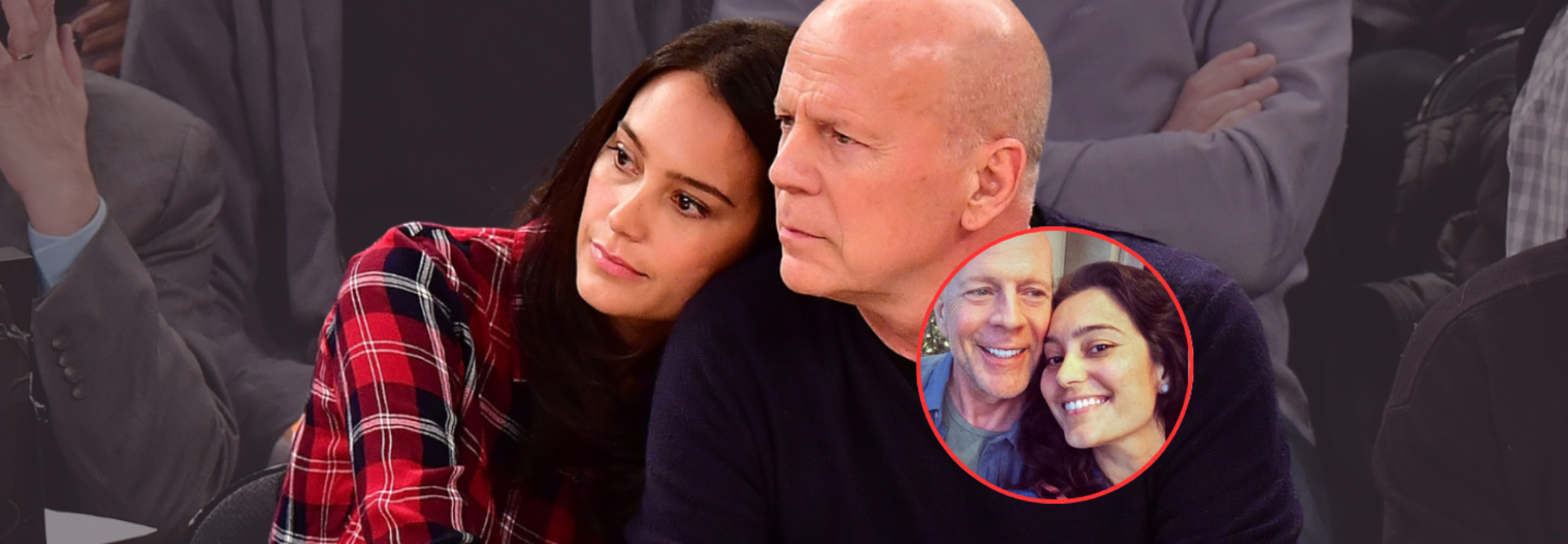Bruce Willis’ Dementia Diagnosis Left Wife Emma Heming Feeling ‘Lost’ And ‘Isolated’ - What Are The Signs Of Caregivers Burnout?

SummaryEmma Heming Willis’ candid revelations about Bruce Willis’ frontotemporal dementia diagnosis spotlight the emotional toll on caregivers, underlining the silent epidemic of caregiver burnout and the urgent need for support.
End of Article
